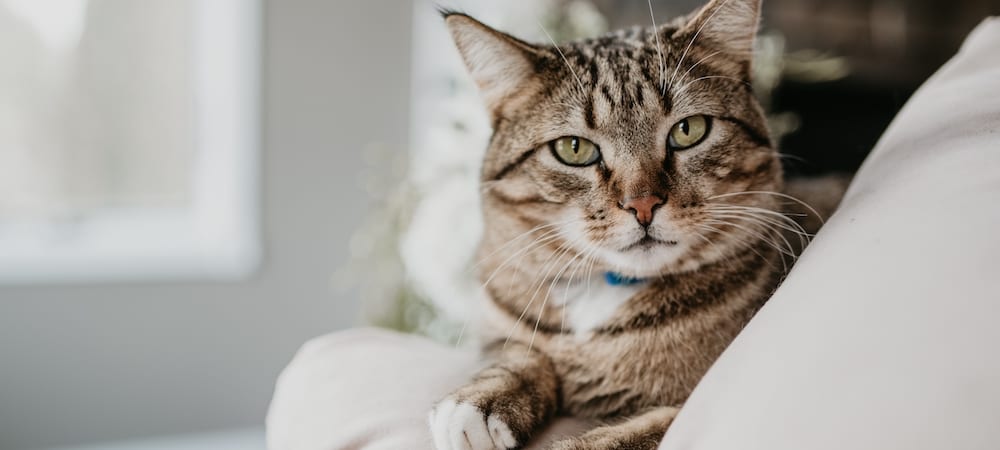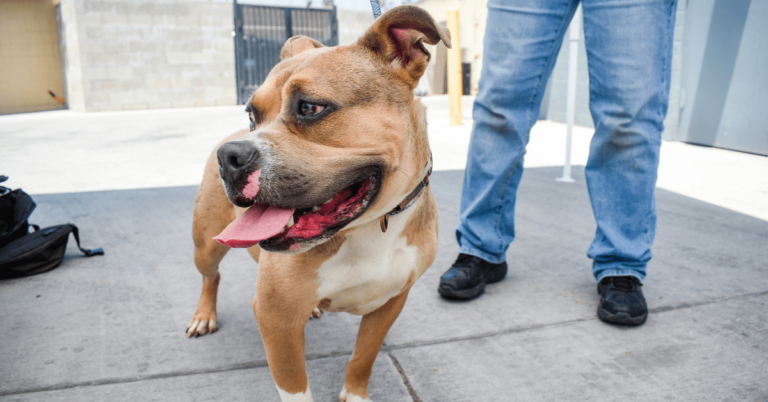How Old is My Adopted Cat?


Determining Your Cat’s Age
It can be difficult to tell how old your cat is if you haven’t had him since birth. It is helpful to know roughly how old your kitty is so you can provide better age-appropriate care. Your veterinarian can approximate your cat’s age based on tests of his blood and organs, but here is a little guide for the rest of us!
Let’s begin with kittens.
It is easiest to tell the age of young kittens based on early developmental signs:
- 1 Day Old: Ears folded and eyes are closed. Kittens won’t be able to stand up.
- 3 Days Old: Ears will start to unfold.
- 6 Days Old: Eyes will start to open a tiny bit. Ears will open, but kittens will not be able to hear anything. Kittens will start crawling.
- 10 – 15 Days Old: Eyes will be fully open, but pupils will not dilate.
- 2 Weeks Old: Kittens will start walking, but they will be very wobbly and uncoordinated.
- 3 Weeks Old: Kittens will now respond to sound because their ear canals are open. They will be walking better, able to use the litterbox, and their baby teeth will start coming in.
- 4 – 5 Weeks Old: Playing, pouncing, rough- housing, and self-grooming begins.
- 6 Weeks Old: Kittens’ eyes will change from blue to their permanent color.
- 8 Weeks Old: Kittens should weigh 2 lbs and are big enough to be spayed or neutered. They will look like mini versions of full grown cats. Just like puppies, you can tell more about age when the animal is young.
Let’s talk about Cat Teeth:
At 8 weeks of age, your kitten will have all their baby teeth: Incisors, Canines and Molars. At 3.5 to 4 months of age, the permanent adult teeth will start coming in over the baby teeth. By 6 months, your cat will have all of their shiny white adult teeth. Teeth may start to dull around the 2 year mark. Between the ages of 3 and 5 years, the teeth may start building up a little tartar around the gum line (especially the molars) and tooth wear may be visible.
One important part of maintaining your cat’s health as they get older is brushing their teeth with a toothbrush and toothpaste. You might also want to try giving your kitty yummy dental treats. These help fight gum disease which can cause serious health problems, like infection, down the line.
Most kittens will reach their full size at one year of age. Certain breeds of cats like the Maine Coon can continue to “fill out” up to the age of 4. If your cat still has that “teenager” look, he is most likely under the age of one.
As a cat ages, he or she may develop a paunch that hangs down. This cat developed her paunch around 2 years old. As cats age, changes in their muscle tone and fur occur. A cat is considered a senior between 8 and 10 years of age.
An indoor cat will age approximately 4 human years for every one cat year, and an outdoor cat will age approximately 8 human years for every one cat year. This is an other good argument for keeping your cat indoors.
Changes in Fur:
When a kitten is born, it has thick, short fur. As they age, their fur becomes softer and finer. When a cat reaches senior age, the fur becomes thick and coarse again and may turn grey in certain places.
Changes in Muscle Tone:
Younger cats will have better muscle tone because they are more active. Older cats may be saggier-skinned and bonier on the rump or shoulder blades.
It is said that a cat who lives outdoors ages nearly twice as fast as an indoor cat. At 14 cat years old, an indoor only cat would be 72 human years old, and an outdoor cat would be 120 years old. This rate of aging kicks in around the 3 year mark.
Whether indoor or outdoor, a cat ages a lot the first 2 years. When a cat is nearly one year old, they are approximately 15 human years old. When the cat reaches 2 years old, he is approximately 24 human years old.
An indoor cat will age approximately 4 human years for every one cat year, and an outdoor cat will age approximately 8 human years for every one cat year. This is another good argument for keeping your cat indoors or screening in your porch or balcony! Not only will you keep them safe from all the outdoor dangers, but they will probably live a lot longer and be easier to care for in the long run.



